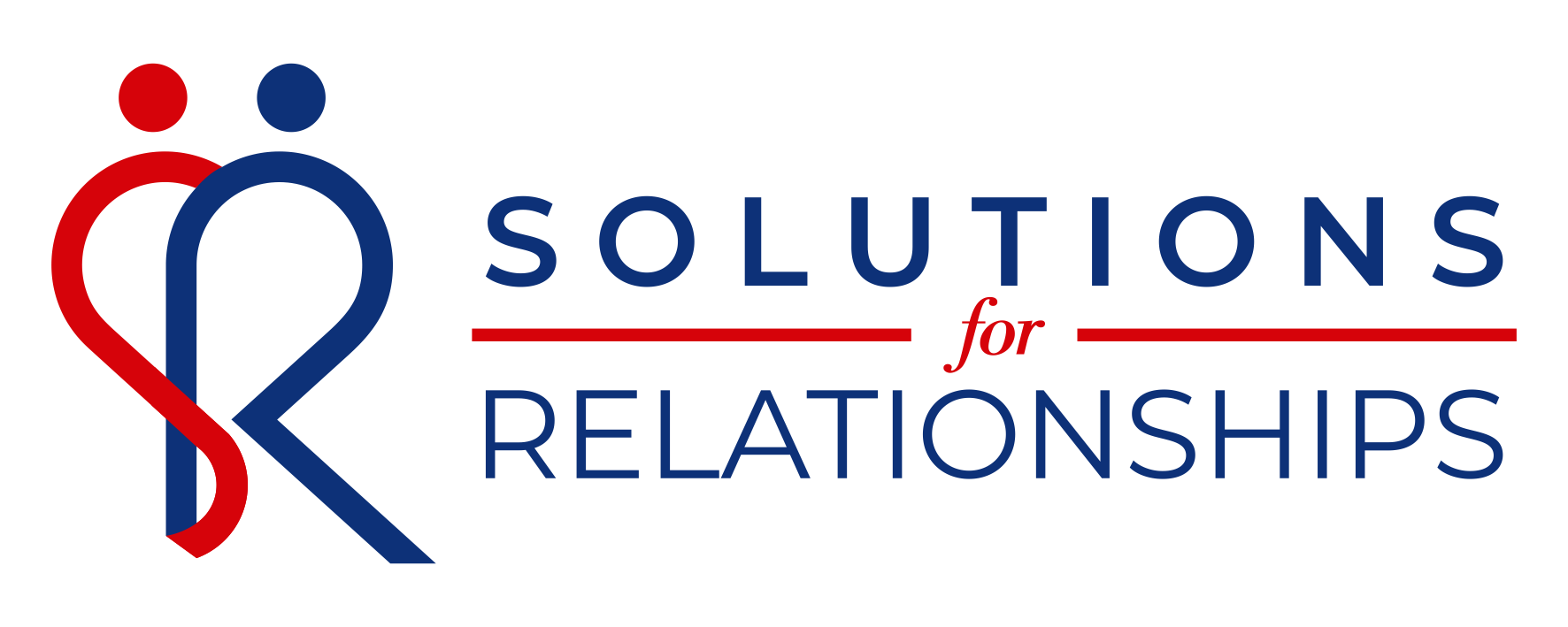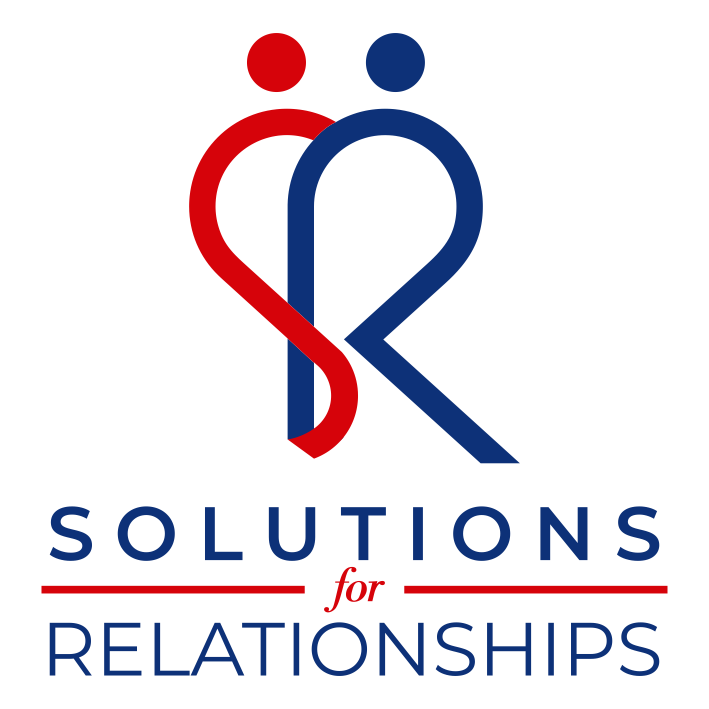Family Mediation
Family Mediation
What is Family Mediation?
Family Mediation is a confidential way for people to resolve conflict and find solutions to complex problems with the help of a neutral mediator trained to help people discuss their differences. As a Family Mediator I don’t take sides and remain neutral. It is not my role to decide who is right or wrong nor decide for the family what needs to happen to resolve the conflict. Instead, as Family Mediator I employ advanced conflict resolutions skills and facilitate a process that will help the adults work out their own solutions and make their own agreements.
The overall aim of family mediation is to help reduce conflicts and communicate more effectively allowing families to establish workable agreements, taking into account children’s views, needs and feelings. Family mediation can help to form or strengthen relationships encouraging trust and respect.
Family mediation sessions usually last between 1 and 2 hours. They can be arranged at intervals to suit the family circumstances. The number of mediation sessions is typically three to five and varies depending people’s ability to work together, the level of conflict, and complexity of issues.
What types of situations can Family Mediation help with?
The following are a list of common situations where people seek out and benefit from Family Mediation:
- My partner and I have just separated. We’ve tried talking about arrangements for the children, but we just get angry and one of us storms out.
- We are divorcing and we need help developing a healthy co-parenting plan addressing placement, and related child adjustment issues to create a healthy, two-home family for the children.
- Since I moved out, my partner hasn’t let me see my children. I miss them so much.
- We separated a while ago, but our arrangements have broken down. We need help to sort them out again.
- I don’t want to go to court if I can help it.
- My ex and I both have new relationships now and there are ongoing clashes, fears, and uneasiness between all the adults involved, especially me and my ex.
- We need to make new plans for our children and come together to discuss how best to define roles, set expectations, honor boundaries, and respectfully communicate.
Common Types of Agreements Worked out in Family Mediation
- Custody/decision making
- Placement/time sharing
- Travel/vacation
- Extracurricular Activities
- Transitions and transportation
- Child-care
- Communication protocols
- Inter-home boundaries
- Children’s belongings
- Scheduling concerns (holidays, birthdays, vacations)
Introduction & Information Stage
I prefer to start with a joint meeting to talk through the mediation process, understand your family’s history, and talk through your concerns and best hopes from family mediation. In our session I will:
- provide education to both parents on the possible effects of divorce on children and on the factors that impact children’s adjustment.
- discuss how to talk with your children about separation and divorce.
- consult with you on strategies to minimize conflict and enhance communication.
If you are referred by a lawyer mediator, or guardian ad litem, with your permission I will be pleased to liaise with the attorney for the coordination of interdisciplinary services, and provide summaries of our meetings via email, phone, or in person.
Individual Session with Each Parent
Every family is unique and understanding you and your family is a crucial. After I meet with the adults together, I will then meet each parent for an individual session to:
- get to know each of you better
- gain an understanding of relevant family history and individual family member’s needs
- develop clarity regarding your perspectives on the current concerns, and your best hopes from our work together.
Family mediation is not appropriate in every situation. If I believe that family mediation will not be beneficial, I will discuss this with you and advise you of other services that may be more helpful for you.
Additional Parent Meetings (Pre-Child Meeting)
I will meet with parents subsequently as needed to discuss child related matters, and co-parenting. For parents who are not yet prepared to physically separate, I will provide support as you navigate through family decisions. For parents who are already separated, I will meet with you more or less often depending on your family’s needs, level of conflict, and phase of restructuring. I will help you manage the tricky emotional side and reduce the hurtful and unproductive emotional struggles that many parents get caught up in. In these sessions I will aim to:
- create safe, open avenues of communication, encouraging respectful listening.
- help each of you gain perspective and understanding on the other’s point of view even if you disagree with it.
- support both parents in putting your children’s needs first.
Child Meeting
Family mediation focuses on putting children first. Families can do this best by listening to and trying to understand them. To help with this, I meet with children to understand their views to facilitate bringing their voices into the family mediation process. These sessions will be without the parents. I will talk with the children about changes that have occurred and what they believe will happen in the future. I will evaluate the children’s adjustment and gain an understanding of their perspectives. I will learn about the children’s view of each parent to include strengths and areas for growth. The aim will be to identify the children’s concerns, troubles, fears, attachment needs and desires. I then agree with the children what they would like me to feed back into the family mediation process for their parents to hear.
Feedback Meeting with Parents
After the initial appointments, a joint feedback session is arranged to start the mediation process. In my role in this meeting I will:
- create safe, open avenues of communication, encouraging respectful listening.
- remain neutral in addressing concerns of the adults as well as the children.
- talk with both parents about the children’s adjustment.
- share my perspective on the strengths and challenges for each child.
- outline how the child view’s their relationship with each parent.
- help both parents understand strategies and approaches on how to facilitate the children’s adjustment.
- I will help both parents: unite on subjects related to your children, avoid escalation of any conflicts, and reinforce commitment of both parents working together for the benefit of your children.
With your permission, it can be helpful at this meeting for you to have me invite other members of your separation and divorce support team e.g., your lawyer mediator, Collaborative Divorce Team, or the child’s guardian ad litem.
Goal Formulation and Solution Building Stage
Understanding Your Mutual Goals and How They May Be Achieved
The mediation conversations will not so much focus on the conflict itself, but more on what individuals want to see different. Asking what people want in their lives instead of what they don’t want opens up new possibilities and starts to create hope by having a destination to aim for as opposed to feeling lost and overwhelmed with everything that’s going wrong. In so doing, this makes the resolution of the conflict achievable with a more satisfying agreement for all involved.
Throughout the process I will:
- support both parents in putting the children’s needs first.
- help each adult gain perspective and understanding of the other’s point of view even if they disagree.
- help manage the tricky emotional side to reduce the hurtful and unproductive emotional struggles.
Parenting Plan Development
As a Child Specialist/Family Mediator I will help both parents: unite on subjects related to your children, avoid escalation of any conflicts, and reinforce commitment of both parents working together for the benefit of your children. I will help you develop a Parenting Plan by walking you through a list of common issues, as well as your own concerns, to help you find solutions as you transition from a marital to a co-parenting relationship. The number of meetings to complete the parenting plan may vary depending on your ability as parents to work together, level of conflict, and complexity of issues such as:
- Custody/decision making
- Placement/time sharing
- Travel/vacation
- Extracurricular Activities
- Transitions and transportation
- Child-care
- Communication protocols
- Inter-home boundaries
- Children’s belongings
- Scheduling concerns (holidays, birthdays, vacations)
- Religious practice
Agreement Stage
An agreement plan can be a resolution of one concern or several to include the development of a comprehensive Parenting Plan that covers list of common co-parenting concerns.
Once an agreement plan is drafted, I will distribute to both parents for review and make changes until everyone is comfortable. I will aim to meet with you one more time to confirm the final agreement plan and get the signature of all parties. If additional differences emerge, additional meetings may be required to complete the agreement plan.

